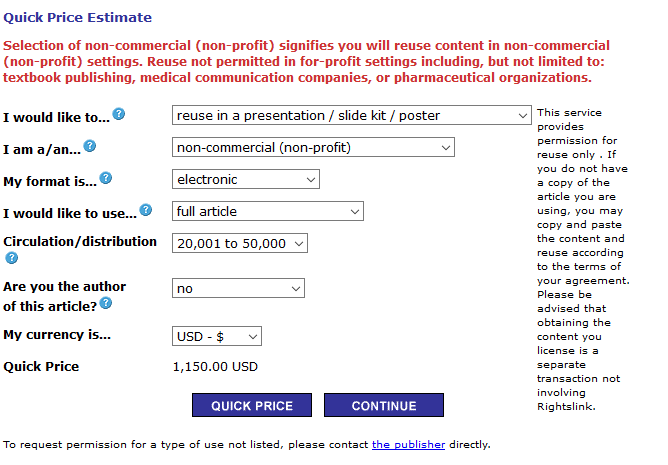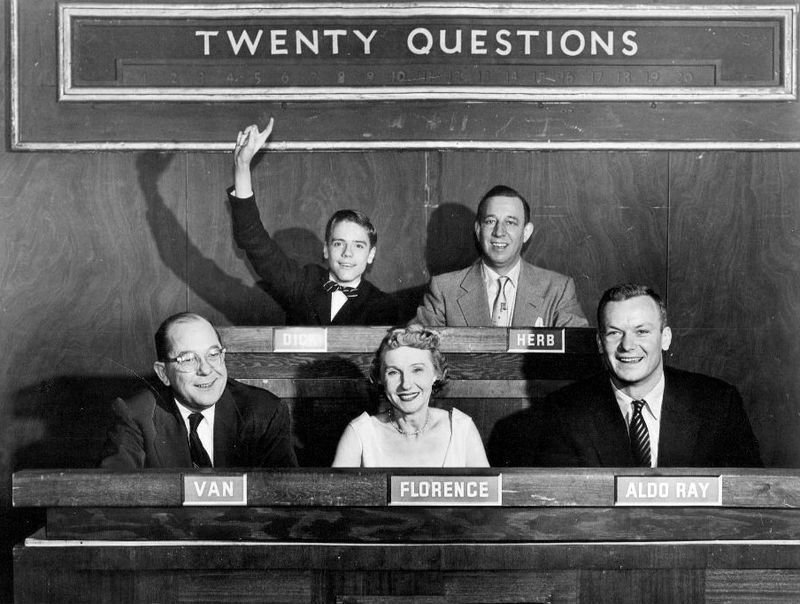Open Science 101
@g_fra
gwenfranckgcv@gmail.com
"Open Science 101" by Gwen Franck is licensed under a Creative Commons Attribution Share Alike 4.0 International License, except otherwise noted

- What is Open Science and why should I care?
- Where to find open research and make your own research open?
- Troubleshooting and common misunderstandings
- We need to talk about DATA
What do you think about when I say 'Open Science'?
What is Open Science and why should I care?
Open Science
- all tools and workflows that make your research (processes and output) visible, accessible, interoperable and reusable
- Open Acccess to Publications, Open Research Data, but also Open Peer Review, Open Source Software, Open Notebooks, Open Citations, ...

There is an issue with access to scientific research
- research output is often locked behind a 'paywall'
- not a problem if you have a UGent account (the library pays...), but it is for everybody else!
- scientific publishing = high-profit business based on free labour (peer review, editing, writing)
- researchers doing this are paid for with public means
- the public (but also: universities, libraries, governments, SME's, civil society) has to pay again to get access to this research



"No access" by Lukas Benc on Flickr, CC BY-ND


What do you do when you hit a paywall?
It's (mostly) about the money ...

- A lot of research institutions cannot afford access
- Research financing relies largely on validation of the traditional publication process - there's not yet enough recognition for other types of research dissemination
- Journal rankings etc - based on commercially owned algorithms (guess who owns them?)
- Next to publishers, a lot of others stakeholders profit from this status quo
- New development: Open Access publishing has become another lucrative business model!
- 'Cost of missing out': difficult to put a pricetag on missed opportunities because certain research could not be accessed, verified, built upon ...


What is most important for you as a researcher?
Advantages of going open
- More visibility = more citations
- Allows research to be consulted outside of the university walls
- More and more a funder requirement
- More and more a requirement for tenure tracks and promotion
- Facilitates international collaboration
- Timestamp: digital record of first publication
Research is not only happening
exclusively 'intra muros'











Where to find open research and make your own research open?

101 innovations in Scholarly Communications by Bianca Kramer en Jeroen Bosman, CC BY 4.0

Do you make your own work open?
If you answered yes or sometimes, what is the biggest problem you face(d), if any?

In a nutshell
-
Publish in the journal of your choice
-
traditional journal
- deposit your work in Biblio and make it open after embargo period
- Sherpa/Romeo)
- Don't sign away your author rights
-
Open Access Journals
-
article processing fee
- is it reasonable?
- find funding?
-
article processing fee
- no fee journals: DOAJ or via Open Library of Humanities)
-
Quality control controversy
- a little common sense goes a long way ...
-
traditional journal
In a nutshell
- Archive your work in Biblio
- different levels of open
- increased visibility
- permanent archiving
- easy tool to generate grant applications and resumés!
- It does not take a lot of time and will be of use to you in your further career
- Commercial self-archiving solutions: know what you are signing up for!
What else can you do
- Register for an ORCID ID
- Use open formats (csv, docx, ...) - make sure that your work is accessible using open source software
- Use an open license (such as Creative Commons)
- Get a 'permanent identifier' for your work (such as DOI)
- Take care of your metadata and document your workflows

- A lot of open science workflows are also simply examples of good research practices:
- thinking about where you publish
- thinking about your author rights
- thinking about copyright status and correct citation of stuff you create and reuse
- self-archiving
- research data management
A lot of this does not take up that much time and should be a part of your research workflow in any case!

Troubleshooting and common misunderstandings

Misverstand 1:
Open Access = bad research, self-published
- Open Access = providing access to research. Nothing more, nothing less.
- Low quality journals can be closed or open
- You don't have to publish in an open access journal! There are other ways to make your research open

Misunderstanding 2
There are no good OA journals in my field.
OA journals are low quality by default
- Publish wherever you want
- A little common sense goes a long way
- Check DOAJ
- Think, Check, Submit!
- Open Access Spectrum evaluation
- 400 tools and innovations in scholarly communication
- Closed access journals do not guarantee high quality

Misunderstanding 3
Others will steal my ideas!

- Open Access does not mean that you don't keep your other rights - Creative Commons and other open licenses are no invitation for plagiarism
- Not citing research properly is bad science
- A paywall does not protect you against plagiarism ('bad science is bad science')
- OA = objectively verifiable when research was first published
- Scientific Research = standing on the shoulders of giants ...
Misunderstanding 4:
Open Science is illegal / not aligned with author rights
- If you keep your author rights and/or apply an open license, you are the one deciding what happens with your work!
- Even if this is not possible, you can always self-archive your work and make it open after the embargo period

Misunderstanding 5:
We're earning money with our books!
- If the research has happened in your own time/with your own means, by all means, go ahead
- if you're funded with public funds, keep in mind that the public is already paying twice to access your work !
- Online accessibility of work don't necessarily implies loss of revenue - openness and increased visibility can also generate new opportunities!

Misunderstanding 6
Open Access is too expensive
- You are right, it has become a real 'market'
- The traditional publishing market is expensive as well (library budgets get spent too ensure access for the happy few)
- A lot of journals don't ask fees, and even if they do, it's often negotiatble
- APCs are often an eligible cost
- There's always self-archiving

Misunderstanding 7:
my research is not interesting for non-academics - I don't want outsiders to mess with my work
- You never know who might be interested in your work
- putting stuff behind a paywall does not protect it against abuse
- 'Cost of missing out'
We need to talk about DATA

Do you reuse or generate data for your research?
How 'good' are you at research data management?

- Date is not only DNA models and lab results - in humanities and social sciences you might also work with data (but maybe you don't realise it! )
- Research Data Management is an essential part of research - it's essential for verification and is key to establish your credibility
- Make your own data as F(indable), (A)ccessible, (I)nteroperable and (R)eusable as possible
- Respect the work of other researchers: cite their work correctly


http://5stardata.info/en/ by Tim Berners-Lee
It's not only about ACCESS














In short:
- Don't do Open Science/Open Scholarship/Open Research because you have to, do it because it's good for you, your career, and for society in general
- If you integrate openness in your workflows from the start, it's going to be much easier for you later - because 'open' is here to stay (I've been talking about this for 8 years and this is the 1st year I'm making this statement!)

Contact
gwenfranckgcv@gmail.com
@g_fra
skype: gwen.franck1
"Open Science 101" by Gwen Franck is licensed under a Creative Commons Attribution Share Alike 4.0 International License, except otherwise noted

All icons: The Noun Project
Background image: http://atfab.co/oswunderkammer